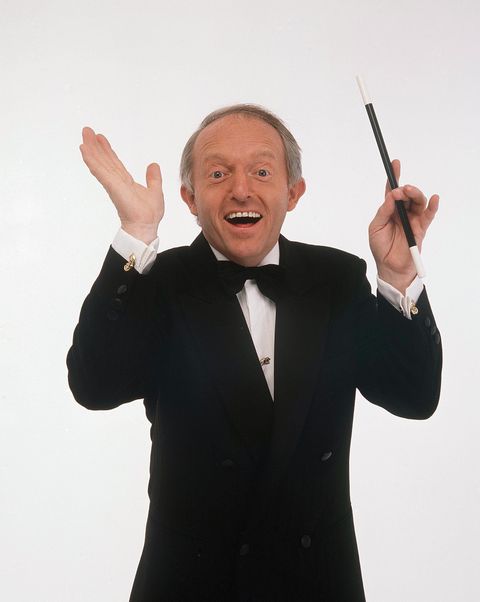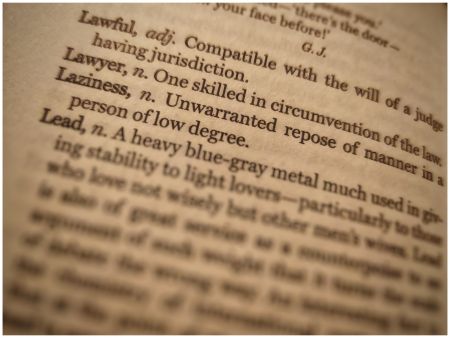Magic: Difference between revisions
Jump to navigation
Jump to search
Amwelladmin (talk | contribs) No edit summary Tags: Mobile edit Mobile web edit |
Amwelladmin (talk | contribs) No edit summary Tags: Mobile edit Mobile web edit |
||
| Line 1: | Line 1: | ||
{{Def|Magic||n| | {{Def|Magic||n|{{image|Paul Daniels|jpg|Just to manage your expectations, you aren’t going to like this a lot.}}}} | ||
:An art of converting superstition into coin. There are other arts serving the same high purpose, but the discreet lexicographer does not name them. — {{author|Ambrose Bierce}}, {{br|The Devil’s Dictionary}} | :An art of converting superstition into coin. There are other arts serving the same high purpose, but the discreet lexicographer does not name them. — {{author|Ambrose Bierce}}, {{br|The Devil’s Dictionary}} | ||
:{{ACC on technology}} | :{{ACC on technology}} | ||
Revision as of 18:48, 25 January 2023
|
Magic (n.)
- An art of converting superstition into coin. There are other arts serving the same high purpose, but the discreet lexicographer does not name them. — Ambrose Bierce, The Devil’s Dictionary
- “Any sufficiently advanced technology is indistinguishable from magic.”
- —Arthur C. Clarke’s third law
- “Any sufficiently primitive middle manager will be unable to distinguish a basic chatbot from magic.”
- —JC’s sixth law of worker entropy
Not artificial intelligence, machine learning or natural language processing, however much they might seem like it to primitive or unimaginative minds. Another kind of NLP — neuro-linguistic programming — may be, at least in the hands of Derren Brown, though I suspect a bit of amateur dramatics and camera trickery going on there too.

